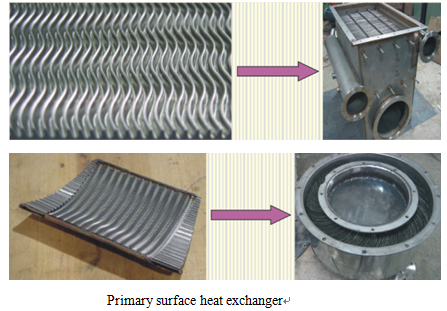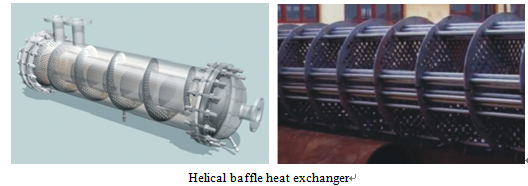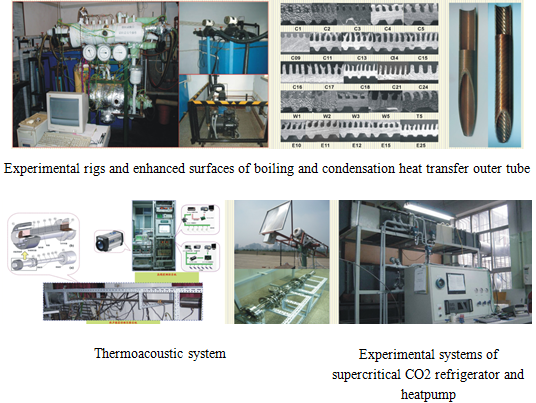The Department of Thermo-Fluid Science and Engineering was renamed from the center of Thermo-Fluid Science and Engineering in 2012, which was originally founded in December 1997, on basis of Thermodynamics and Heat Transfer Division and Fluid Mechanics Division. There are 40 faculty staff members including 20 full professors, 12 associate professors, 5 lecturers, and 3 experimental staffs. The department has served as the leading boards of national science and technology including the Chinese Society of Engineering Thermophysics, the national teaching guiding committee of thermodynamics and heat transfer, etc. The center has given over 20 courses including thermodynamics, fluid mechanics, heat transfer, numerical heat transfer and its advanced progress, etc. for undergraduates and graduates. Over 50 graduates per year join in this department.
Its research covers advanced numerical methods for fluid flow and heat transfer and their applications, enhanced heat transfer, cooling techniques for electronic devices, high efficient heat transfer, micro-scale fluid flow and heat transfer, engineering thermodynamics and thermo-physical properties of fluids, refrigeration cycle and system optimization, gas-liquid two-phase dynamics, non-Newtonian fluids and heat transfer, small scale refrigerator, heat pump, advanced thermal cycle, alterative fuel and refrigerant, molecular dynamic simulation, etc. Over 30 projects per year from the nation, institute and companies and the total funds per year is over 10 million RMB Yuan.
They have received more than ten National awards including the National Natural Science Award of China (second class), the National Science and Technology Progress Awards of China (second class), etc.
TFSE Studies
At TFSE, students can specialize in environmental, general civil, geotechnical, structural and water resources engineering. They will follow a course of study that encompasses engineering principals and analysis, mathematics and physical and social sciences. Coursework includes engineering physics, mechanics, hydraulic engineering, chemistry and environmental engineering, in addition to electives for the various civil engineering options. Because of extensive hands-on experiences in internships, co-0ps and senior capstone design projects, civil engineering graduates are well prepared to be licensed, practicing professional engineers.
Research Highlights
l l Enhanced heat and mass transfer: mechanism and technologyl
l l Thermo-physical properties of fluids
l l New environmental protection refrigerant
l l Numerical prediction principles for thermo-fluid problems
l l Complex fluid transport phenomena
l l Thermo-fluids science: its fundamentals and applications in new energy and energy saving and emission reduction technology
Teaching


Research Laboratories
l Heat transfer Lab
l HEXs Lab
l Thermophysical properties Lab
l Microfluidics Lab
l Fuel Cell Lab
l New type thermodynamic cycle Lab
l Solar thermal utilization Lab


